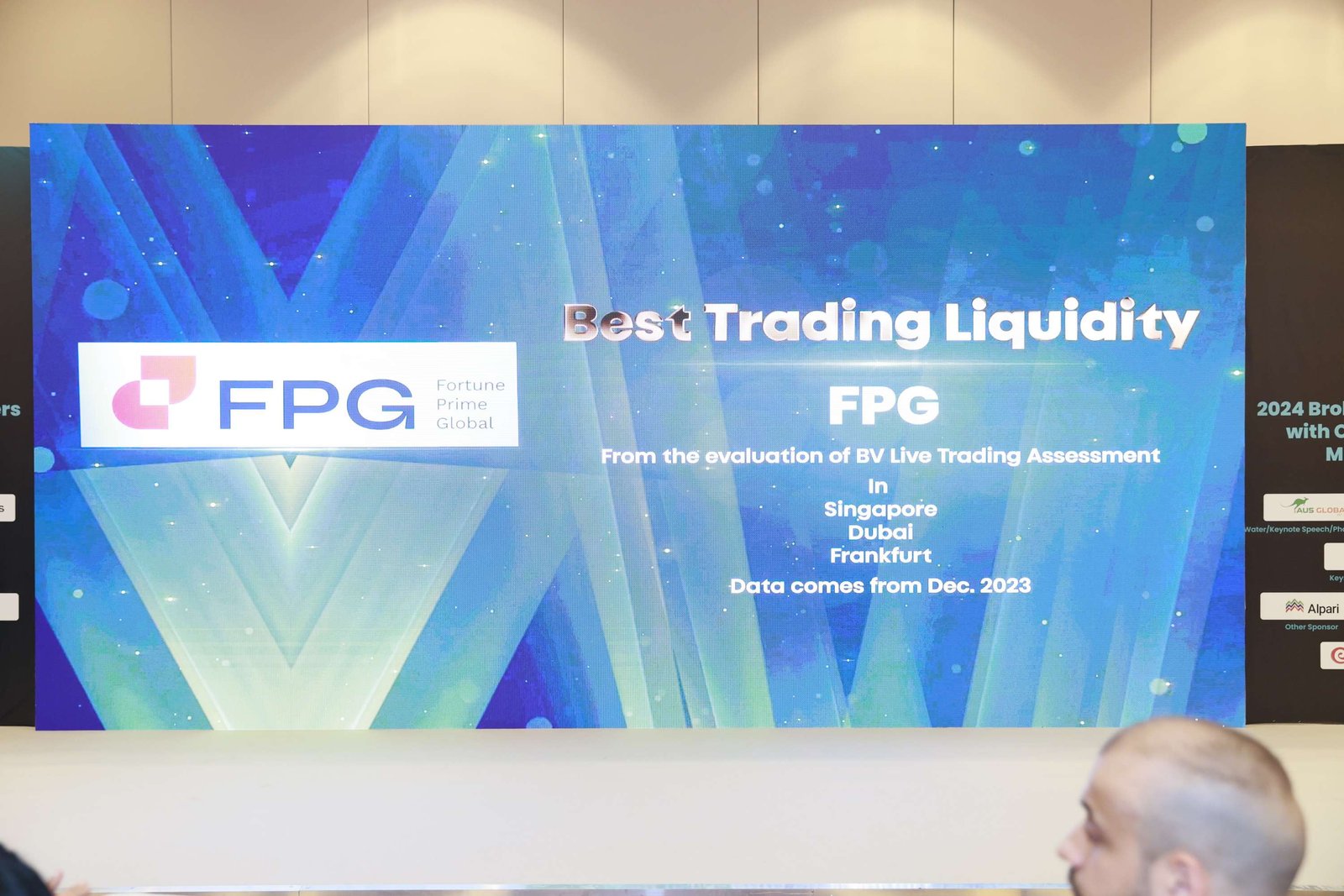Introduction: The Broker’s Changing Landscape
The role of the forex broker has undergone a dramatic transformation in recent years. No longer are they simply intermediaries connecting traders to the foreign exchange market. Today’s brokers are sophisticated technology providers, educators, and even community builders, all while navigating an increasingly complex regulatory environment. This evolution is driven by technological innovation, the rise of social trading, and the ever-present need for enhanced security and a superior trading experience.
Technological Innovation: Powering the Future of Trading
Technological advancement is the engine driving change within the forex brokerage industry. Brokers are constantly seeking new ways to improve their platforms, offering faster execution speeds, more accurate charting tools, and advanced analytical capabilities. The use of APIs (Application Programming Interfaces) is becoming increasingly prevalent, allowing traders to integrate their own custom trading strategies and automated systems. High-frequency trading (HFT) algorithms, although not directly controlled by the broker, rely on the broker’s infrastructure to function efficiently, demanding robust and reliable technology.
Furthermore, brokers are investing heavily in mobile trading platforms. Traders now demand the ability to manage their positions and access forex news and market analysis on the go. The best brokers offer seamless mobile experiences that mirror the functionality of their desktop platforms.
The Rise of Social Trading and Copy Trading Platforms
One of the most significant shifts in the forex industry has been the rise of social trading platforms, often facilitated or offered directly by brokers. These platforms allow traders to connect, share strategies, and even copy the trades of more experienced investors. This ‘copy trading’ or ‘social trading’ revolutionizes the trading experience, particularly for beginners who can learn from and emulate successful traders. Brokers facilitate this by providing the infrastructure and the tools for experienced traders to broadcast their strategies and for novice traders to follow and automatically copy their trades.
These follow-and-copy models create a ‘trading community’ environment, fostering collaboration and knowledge sharing. Some brokers even offer ‘smart copy trading’ features powered by AI, suggesting profitable traders based on specific risk profiles and trading styles, further enhancing the user experience and potential profitability.
Security, Regulation, and Protecting Trader Funds
While technological innovation and social trading are crucial, the core responsibility of a forex broker remains ensuring the safety and security of client funds. Stringent regulation by reputable authorities is paramount. Brokers operating under the oversight of bodies like the Financial Conduct Authority (FCA) in the UK, the Australian Securities and Investments Commission (ASIC), or the Cyprus Securities and Exchange Commission (CySEC) are subject to strict capital adequacy requirements and operational standards, offering traders a higher degree of protection.
Furthermore, brokers must implement robust security measures to protect client data and prevent fraud. This includes employing advanced encryption technologies, multi-factor authentication, and conducting regular security audits. The use of segregated accounts to hold client funds separately from the broker’s operating capital is a common and essential practice. The rise of cybersecurity threats also demands that brokers stay vigilant and continuously upgrade their security protocols.
The Broker as a Source of Forex News and Education
Beyond providing a trading platform, many forex brokers now act as valuable resources for traders, offering access to real-time forex news, market analysis, and educational materials. This includes webinars, tutorials, and comprehensive guides on trading strategies and risk management. Brokers are increasingly recognizing that an educated and informed trader is more likely to be a successful and long-term client. Providing access to up-to-date market information and expert insights helps traders make informed decisions and navigate the complexities of the forex market.
Conclusion: The Future of Forex Brokerage
The forex brokerage industry is constantly evolving, driven by technological innovation, the demand for social trading opportunities, and the ever-present need for enhanced security and regulatory compliance. Brokers who embrace these changes, prioritize the trading experience, and offer a safe and reliable platform are best positioned to thrive in the future. The broker’s role is no longer just that of an intermediary; they are now technology providers, educators, and community builders, playing a crucial role in shaping the future of online forex trading.

